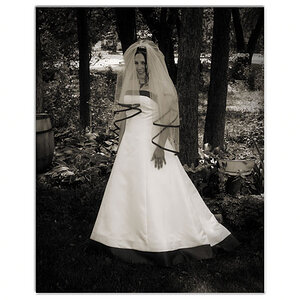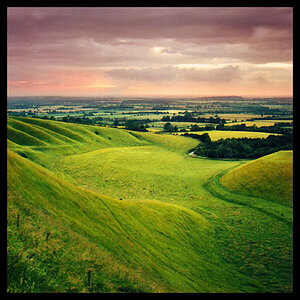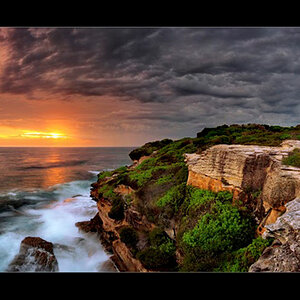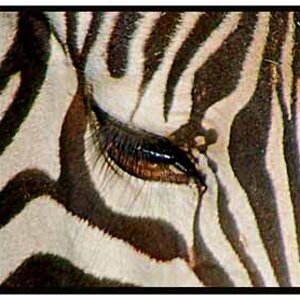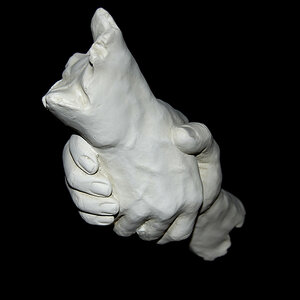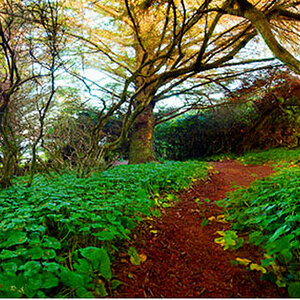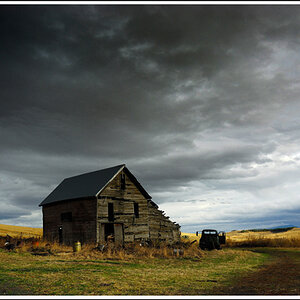Hi, I'm new.
I would like to know what you think of if and what could be the most fundamental aspect of a photo which makes you in the first place, think its beautiful and secondly, to what extent would that also hold in general. Would other people also be visually 'aroused' by those same features? Its ok if you think this is nonsense. Thats fine by me, and I think we could still be good friends, but if you have any ideas regarding the subject, please do tell.
An example could be that certain contrasts tend to attract the human eye more than others (what type of contrasts?). Anyway, be creative.
Cheers,
Jerry
I would like to know what you think of if and what could be the most fundamental aspect of a photo which makes you in the first place, think its beautiful and secondly, to what extent would that also hold in general. Would other people also be visually 'aroused' by those same features? Its ok if you think this is nonsense. Thats fine by me, and I think we could still be good friends, but if you have any ideas regarding the subject, please do tell.
An example could be that certain contrasts tend to attract the human eye more than others (what type of contrasts?). Anyway, be creative.
Cheers,
Jerry



